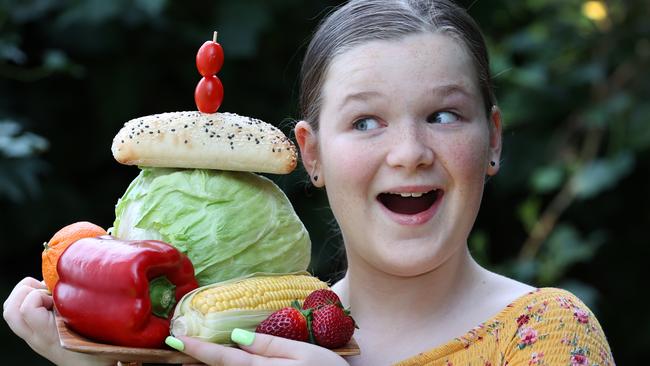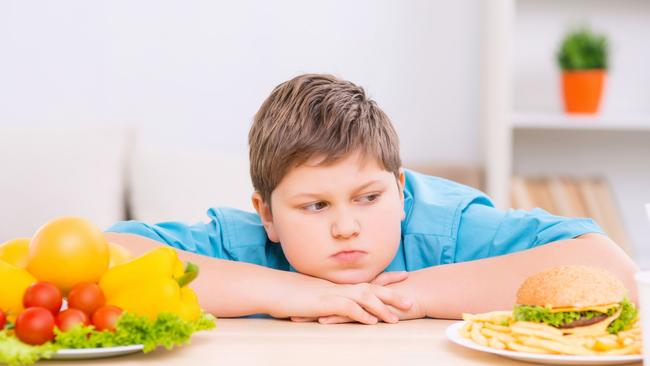Anti-inflammatory diets crucial to children’s mental health
Poor diets are taking a major toll on children’s mental health but the worst foods for young brains are often the easiest to access.

Victoria
Don't miss out on the headlines from Victoria. Followed categories will be added to My News.
Families who rely on unhealthy diets have worse mental health and wellbeing than those who largely avoid meals packed with sugar, fat and salt.
A Melbourne-led study is the world’s first to show children’s psychological health is not immune from what they eat.
The effects of high-inflammatory diets are putting them on a trajectory of poor mental health from as young as 11.
The evidence is now well established that inflammation in the body – chronic, low-level inflammation that bubbles away and may not cause symptoms – is actually damaging cells and organs gradually and leading to many chronic diseases such as diabetes, cancers and heart disease. Causes of this chronic immune response can be diet, stress, obesity and pollutants.
The Murdoch Children’s Research Institute looked at the diets and self-reported mental wellbeing of more than 1800 Australian parents and their 11-12 year-old children, as well as measuring markers of chronic inflammation in their blood.
The study, published in the British Journal of Nutrition, showed the benefits of healthy eating – namely, anti-inflammatory diets high in fruit, vegetables and whole grains – extended beyond physical health, and that families can eat their way to good mental health.

A child’s weight was not an influencing factor. Regardless of size, the negative impacts of inflammatory diets high in processed foods affected children across the board.
This suggests diet may directly affect mental health through mechanisms such as influencing gut bacteria, changes in brain plasticity or hormone regulation, say the researchers.
Lead researcher Kate Lycett of the MCRI said while research had shown specific anti-inflammatory diets could reduce depression symptoms in adults, until now little was known about the impact on children and how a typical family diet – a mix of both inflammatory and anti-inflammatory foods – affected psychological wellbeing.
“What surprised me was we saw the same results in terms of the risk in children and parents,” Dr Lycett said.
“That’s really important because as adults we try to regulate what we eat. We know when we eat a packet of chips we feel awful, but we often don’t think about that when we give them to our kids. We know that our dietary patterns and mental health, the pathways for those, are set early in life.”
Dr Lycett said the findings “provided further compelling evidence” that more policy changes around junk food advertising, price and access were needed to make the healthy choice the easy choice for families.
“We need to stop putting the blame on families about diet,” she said.
“I feel really strongly that as a society we need to recognise that what we’re doing isn’t working and we need policy level interventions.
“When you go to your local pool, they’ve got hot dogs and sugar-sweetened beverages. We don’t allow cigarettes to be on display, but we allow this fatty food to be right at children’s eye level.”




